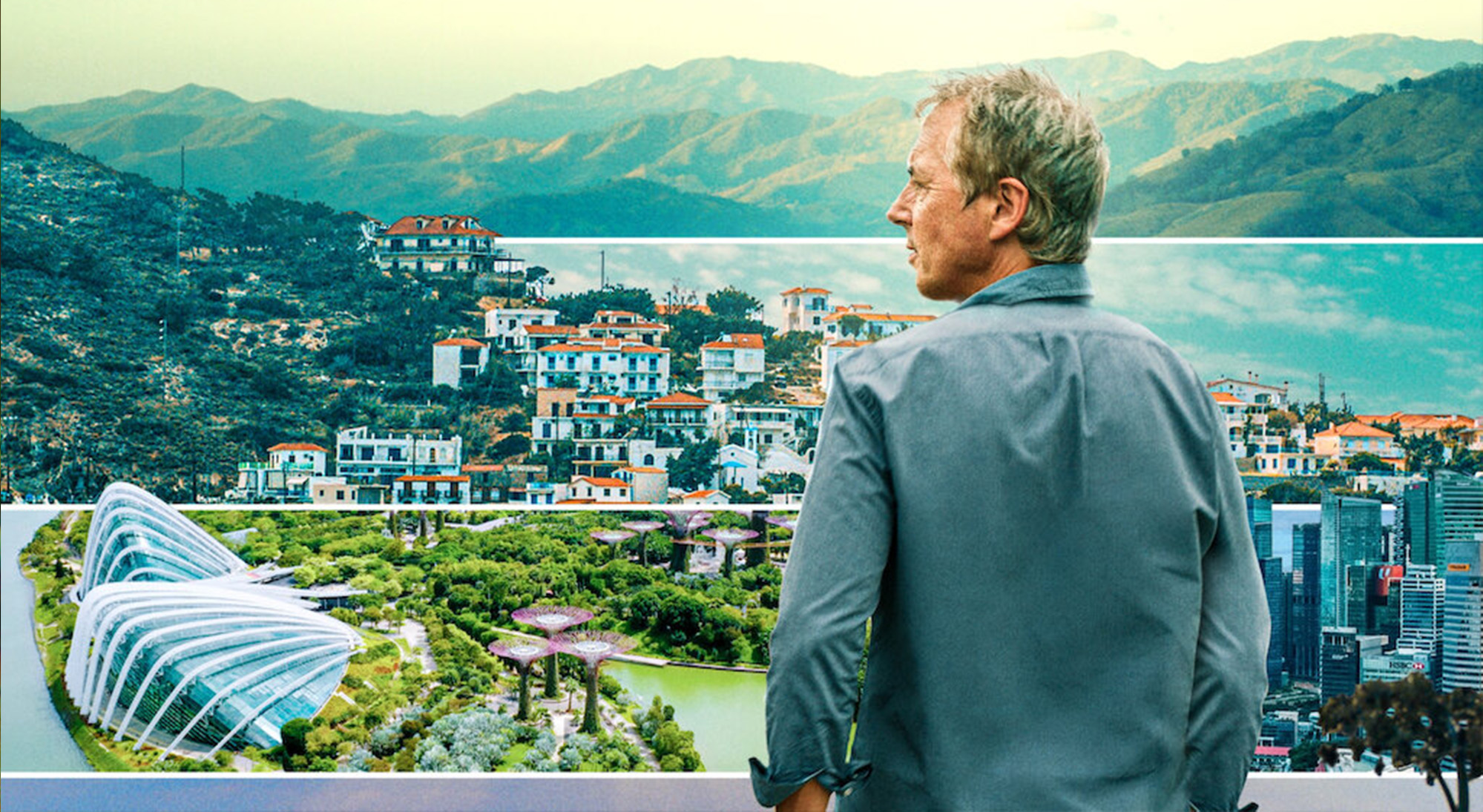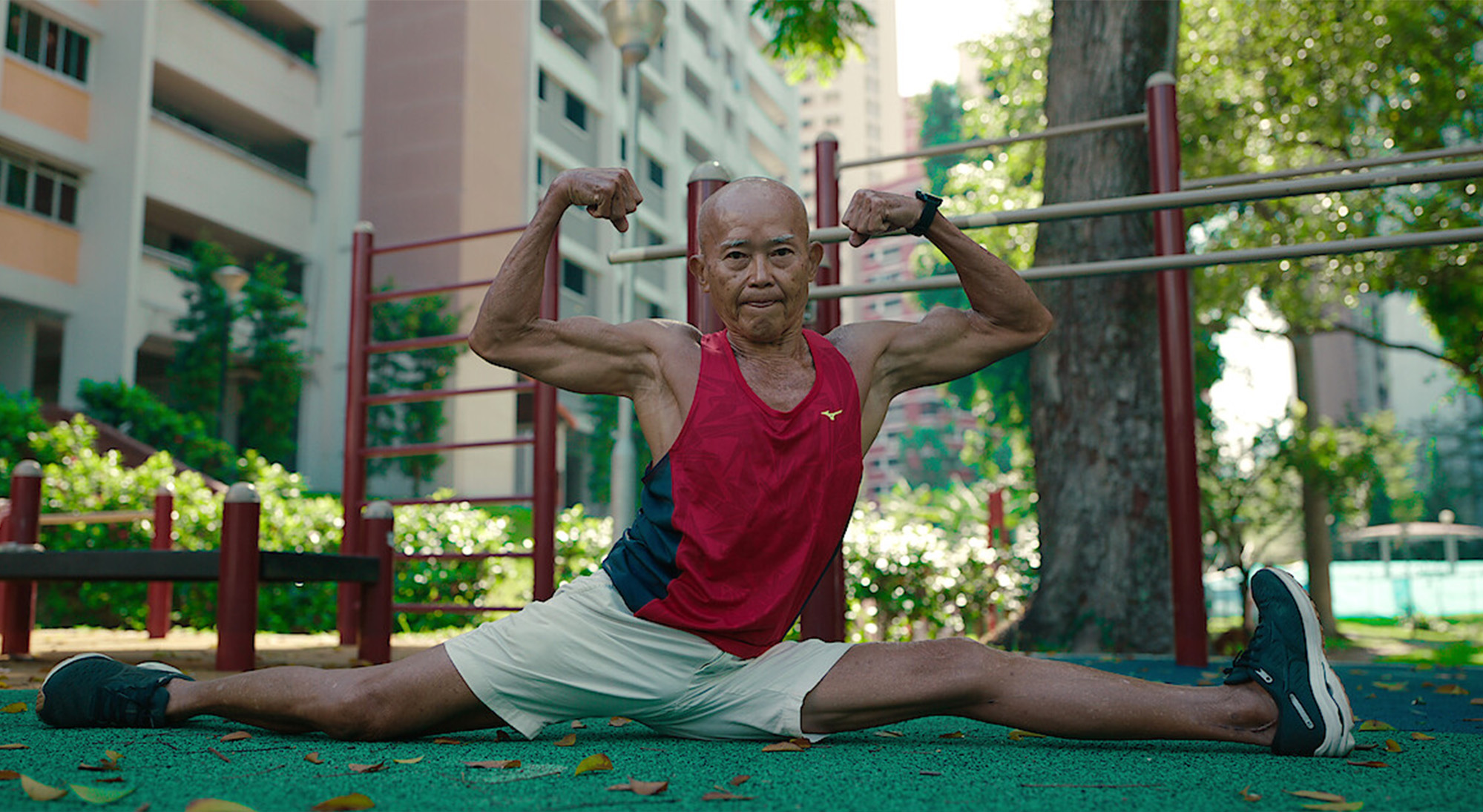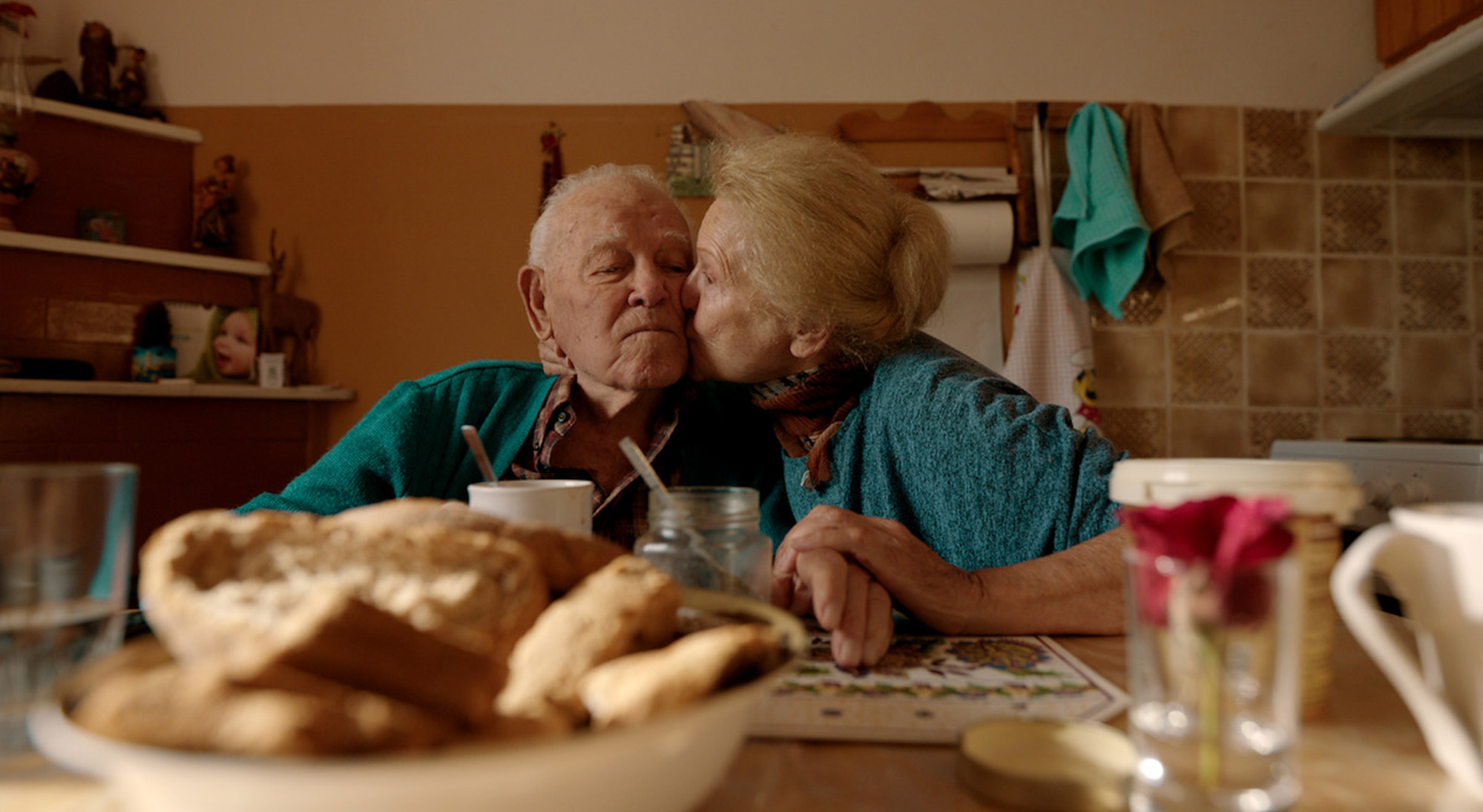MakeMake’s Live to 100: Secrets of the Blue Zones Unlocks The Keys To Longevity

We all aim to live long, healthy, happy lives — but what can we do to reach that goal? Author Dan Buettner has sought the answer for years, honing in on 5 cities — Okinawa, Japan; Sardinia, Italy; Nicoya, Costa Rica; Ikaria, Greece, and Loma Linda, California — that he’s identified as “blue zones,” or places where people tend to live the longest and healthiest lives. Now, we’re bringing his insight to the screen with Live to 100: Secrets of the Blue Zones, a new docuseries for Netflix. This four-part series explores the science and lifestyles behind longevity around the world, and is the culmination of 20 years of research and writing on Dan’s part combined with a 5 year journey with us at MakeMake. Ahead of its premiere on August 30th, we talked with Executive Producers Kent Kubena and Terry Leonard about what it was like to produce the series, plus what they personally learned from the inspirational people they met along the way.
Tell us about the genesis of Live to 100 — how did you get connected to Dan and decide to pursue this project?
Kent: Executive Producer Angus Wall has always felt passionately about Dan's mission, so he pursued him as a subject for this series in the hope of helping his work reach a broader audience. We got Dan on board with the idea about 5 years ago, took the idea to Netflix, and set it up from there. We spent a good amount of time developing it, because we had to figure out how to cover such a broad topic in 5 different places across the globe. We wanted to be able to really explore what the people in each of those places are doing, figure out what we can learn from their lifestyles, actions, practices, and beliefs, and present those ideas in four cinematic, beautiful, and ultimately inspiring episodes. What we’re most proud of with Live to 100 is that it was a soup-to-nuts MakeMake project: we conceptualized, researched, cast, designed, shot, and post-produced the series ourselves.
What was the casting process like?
Terry: When we started production, Dan was working on a new edition of his book, “Blue Zones.” The first edition of the book came out years ago, so it's natural that some of the original subjects have passed on since then. We wanted to find new people to introduce to him, so we hired casting coordinators in the blue zones to recruit people and connect them to us. We watched a lot of video interviews, but in some of these places, they didn’t have access to that technology so we sent people out with cameras to scout. We presented our findings to Dan, and he was so excited that he asked us if he could include some of these people in the updated book. He was excited to connect with these new people and share their stories, as he’s able to learn new things from each generation of people who are able to live to 100.
Kent: The fact that some of the people from the beginning of Dan’s work are sadly no longer around did present a challenge at first. However, the positive in that is we met a whole new group of people, with their own inspiring insights to offer. You'll be blown away by what they're able to do, physically and on a daily basis. They're running circles around all of us, frankly.

Were there any characters that you felt most connected to?
Kent: There’s one rancher in Costa Rica who immediately comes to mind; he was 100 years old when we filmed with him. The first time you see him in the series, he walks up to his horse, saddles up, jumps on it, and starts riding around, rustling goats. He’s a straight up cowboy. He was unbelievable to watch — you're just blown away by the pure physicality of his daily life and the fact that he is in the triple digits.
What was it like to work with Dan?
Terry: Dan is great — he’s just a regular guy, and he’s very real. He’s not selling you anything — he’s just connecting with people and sharing what he’s learned from them. It’s very inspiring.
Kent: Dan is so engaging with people and he really likes to spend time with everybody. Because of that, I think the moments that he was able to kind of capture with these folks are very special.
What are some of the lessons you learned during production?
Kent: The big idea of all of this is not that in order to live a long and healthy life you have to move to one of these zones. It’s about understanding what they’re doing right, and bringing those practices and habits back home. There are some very practical lessons to be learned from the show that go beyond your usual tips, like eat better and get more sleep. For instance, in America, it’s not common practice to live with our elders. It’s more likely that when they reach a certain age, they go to assisted living. In many of these places, they do the opposite — they keep their elders around and as a welcome part of the daily life of the family. Their wisdom and their life experiences are valued. They have a sense of self-worth and purpose, and they feel like an important part of the family and the community. Mentally that keeps the wheels spinning, and their physical health follows suit.
What was most compelling to you about this story?
Kent: You don't want to live to a hundred unless you're happy, and all the people who we talked to, they exude a sense of happiness and a passion for life. They smile and giggle a lot, and are clearly happy to still be here. These people have lived long, and often tough lives: they’ve been through wars and experienced horrible things. But they all look on the bright side of everything and appreciate what they have, and that helps keep them happy. It's really wonderful to see.

Was there anything you learned that surprised you?
Kent: Something I found interesting was the reason people in Japan don’t have as high a prevalence of back issues is because they often sit on Tatami mats, which are a kind of floor covering, instead of chairs. Because of this, they are sitting down and standing up all day long, and that repeated action ultimately preserves and even improves their mobility. Something as simple as that being part of your daily movement can completely affect your entire physicality. People who garden experience similar benefits — because you’re working low to the ground, you’re maintaining that range of motion in your knees, your core strength, and your balance. The other benefit to gardening is that there is a reward: once all the work is done, you’ve grown something.
Terry: That sense of personal meaning and fulfillment is so important. For many people, when they retire, they stop having purpose, which can feel devastating. It also struck me how essential it is to have people around you, whether it's your spouse, your friends, your parents or your grandchildren. Having a community of people who are checking in on you improves your quality of life over time, and we see the importance of community in these blue zones. Participation in religion can give people a sense of community, but really it’s anything that helps build friendships or bonds that’s going to bring those benefits.
What do you hope audiences take away from this series?
Terry: If you adopt one or two of these lessons, you might live 5 to 10 years more. It's as simple as that. If people have that information, they're able to make an active choice. I know personally I’ve made choices based on having worked on this project that have changed not only my life, but my parents’ lives. If this helps people take away some action items for them to improve their lives, I’d say that’s a success.
Kent: The big takeaway from this is that you really can re-rewire yourself, even just a bit, by making changes to your environment, and that you can do these things no matter where you are. We love that this work is inspiring people to make changes not only in their personal lives, but in their communities. People have gotten on board with the idea of making their own communities into blue zones, advocating for things like building safer sidewalks that encourage people to walk more. That accessibility is key: many people don’t walk simply because they don’t have access to places to walk. But if you put in a new sidewalk, you’ve just motivated people to do something that they weren't already doing and that will improve their lives.
Watch Live to 100: Secrets of the Blue Zones on Netflix starting August 30th.
